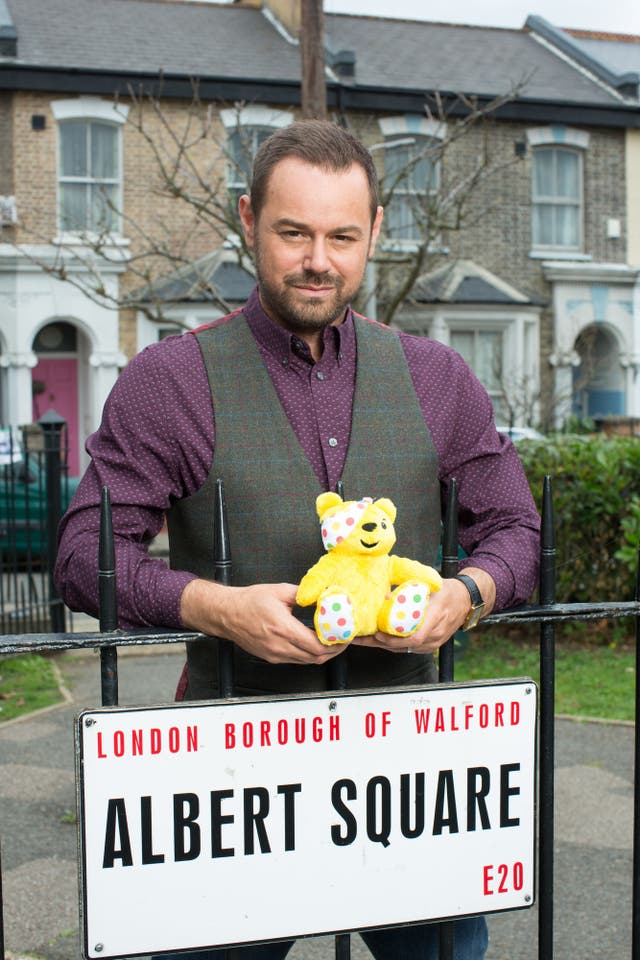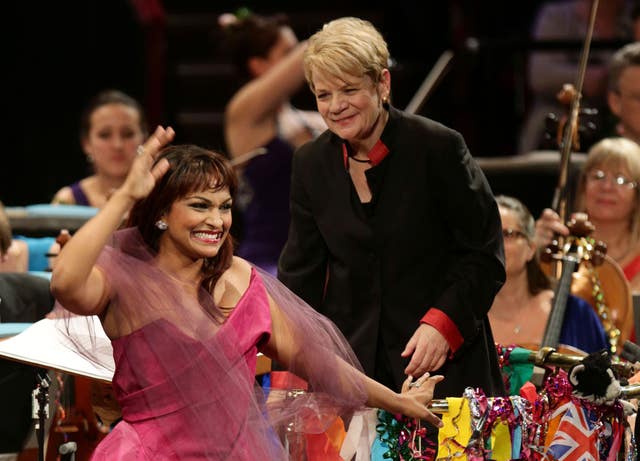BBC Studios faces ‘stiff competition’ for top talent, report says
BBC Studios and BBC Worldwide merged in 2018.

BBC Studios – the force behind shows like Top Gear and Strictly Come Dancing – faces “stiff competition” from Netflix for top talent, a report says.
The BBC created the new BBC Studios, its largest commercial subsidiary, which also produces Doctor Who and Planet Earth, following a merger.
It combined the production arm, BBC Studios and BBC Worldwide, its commercial distribution business, in 2018.
The National Audit Office (NAO), which has reported on the change, says rivals such as Netflix have bigger pockets.
“BBC Studios recognises that it must attract and retain the talent needed to generate new IP (intellectual property) with a high global appeal and high commercial value,” it said.
“It has enhanced the role of its chief creative officer and, since autumn 2018, has sought to recruit more creative talent to the leadership of its genre teams.
“However, it faces stiff competition for such talent from other players, such as Netflix, who are able to pay more than it can.
“BBC Studios has therefore identified the attraction and retention of talent as one of its top three key strategic risks.”

The report also highlighted the shows, produced in-house, which are expected to make the most money in 2019/20.
They include Doctor Who, Casualty, EastEnders, Strictly Come Dancing, Holby City, Silent Witness, Top Gear, Welsh series Pobol y Cwm, Countryfile, Doctors, River City and The One Show.
It said that only four of the programmes – Father Brown, The Planets, Still Open All Hours and Seven Worlds – were first produced after 2010.
BBC Studios “is keen to generate new formats and brands to sustain its long-term performance as only four of its forecast 16 top revenue-generating in-house produced shows in 2019-20 were first produced after 2010,” it said.

The report said that BBC Studios “has been less successful than planned in winning new commissions from the BBC and third parties to generate the intellectual property which it can then exploit financially.”
But it “has been more successful than planned in retaining existing BBC work, earning £406 million from this work in 2018-19.
It lost Songs Of Praise, The Proms and Mastermind after the BBC put the shows out to tender but won the likes of Countryfile, Holby City, Bargain Hunt and Later… With Jools Holland.
In 2018-19, BBC Studios’ profits were £159 million from £105 million in 2017-18.
The report said there was a “lack of disclosure” on the detail of the financial returns of £243 million it made to the BBC in 2018 to 19.
Revenue from consumer products has been in decline, thanks partly to an industry-wide fall in DVD sales.
Plans for Top Gear and other experiences are in development at theme parks across China, which are expected to open in 2020.

The NAO said the merger had gone well so far but improvements are needed.
Its head Gareth Davies said: “The way we watch TV is changing, and the BBC knows that it must move with the times.
“BBC Studios is one example of this, and the merger has got off to an encouraging start.
“The BBC now needs to make sure that it understands the impact its largest commercial subsidiary is having, including its risks and weaknesses as well as its successes.”
A BBC spokeswoman said: “We welcome the report’s findings that we had a clear rationale for creating BBC Studios, we planned well and the merger has got off to a good start.
“In a time of unprecedented change across the global market, and with continued tough financial challenges, the success of BBC Studios is vital in helping the BBC deliver value for money for the licence fee payer.
“Last year, BBC Studios contributed a record £243 million to the BBC, supported the wider creative industries through investment in talent and content, created valuable partnerships across the media sector and boosted the BBC’s brand and reputation overseas.”





